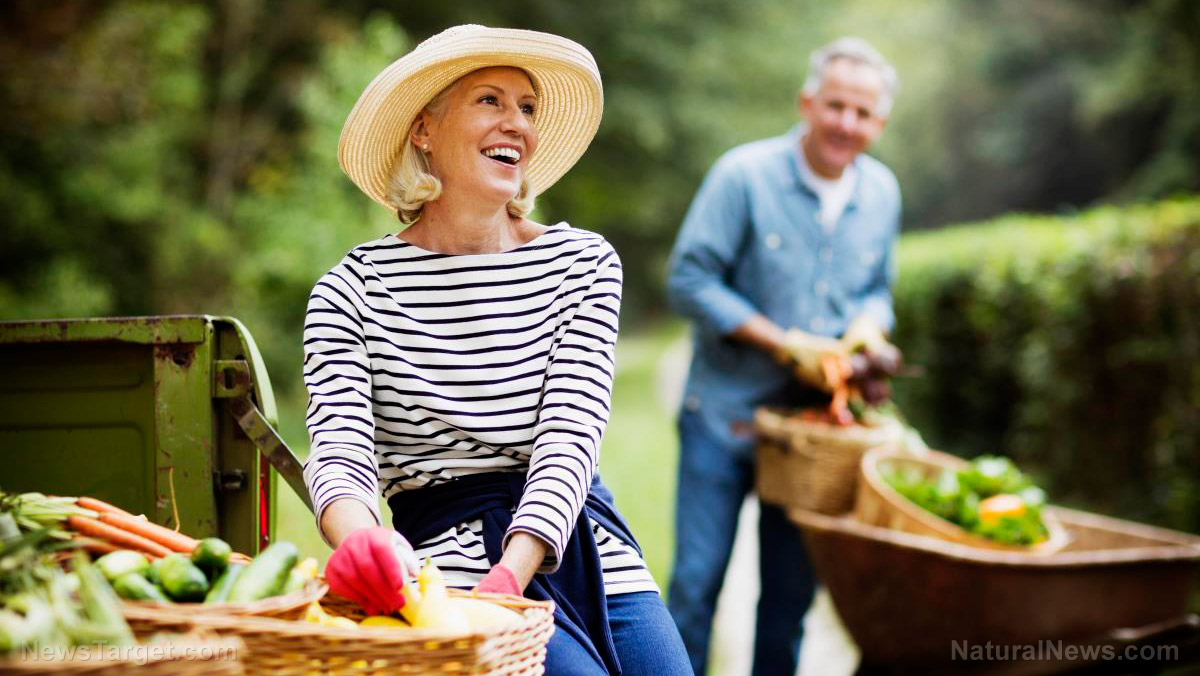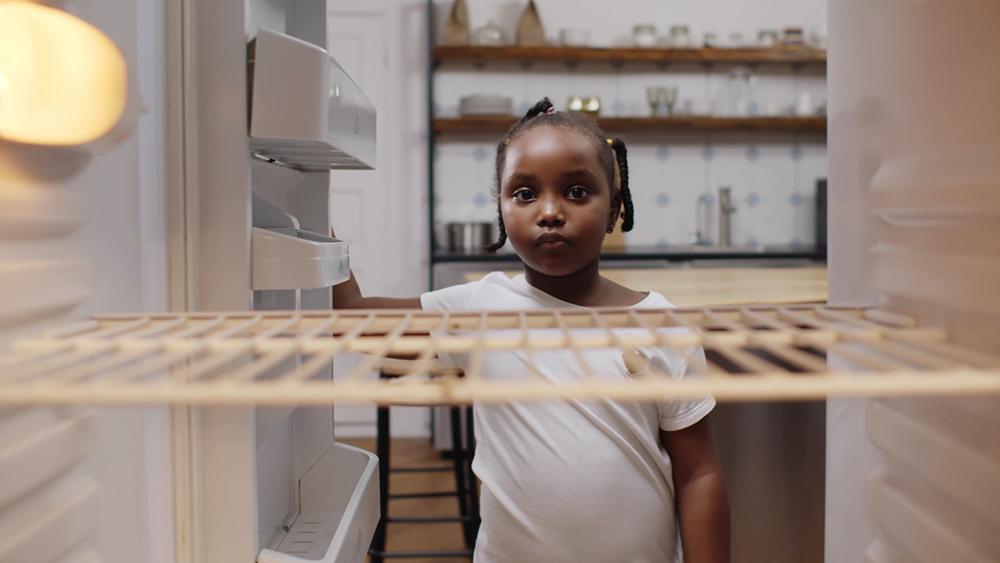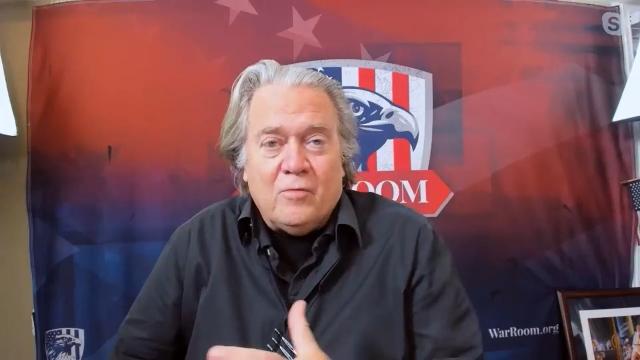
Prepping can help you get ready for different disaster scenarios like long-term power outages. But did you know that being a prepper can also help you get ready for retirement? (h/t to SurvivalSullivan.com)
As a middle-aged prepper, you may feel like you need to choose between spending your money on survival supplies and saving for a retirement nest egg. You can invest in both, just make sure you don't sacrifice one for the other.
It allows you to buy or retrofit a retirement home.
Retirement is often associated with downsizing your living space, which is also something that you should consider as a retired prepper. The money you make from selling a large home can fund your move to a smaller home on a larger plot of land. This gives a retired couple enough space to cultivate a self-sufficient and sustainable homestead.
By moving to a small cabin in the woods, you can have a vacation home and live debt-free at the same time, as long as you live within your means.
It helps you stay active.
Prepping helps you get ready for retirement by keeping you active. Learning and practicing survival skills, such as gardening or firestarting, keeps both your mind and your body active.
Not being physically active after you retire can affect your overall health. Continuing your prepping activities even as you age can help you stay fit more than the average 40- to early 60-year-old. A prepper retiree has several advantages over conventional retirees. Honing your prepping skills also gives you more activities to enjoy in your free time, such as home canning, gardening, and target practice.
It teaches you to live within your means.
Preppers know that's important to repair, recycle, and repurpose items to avoid waste. This habit can help older preppers retirees to live frugally and save money after they retire.
With a reduced disposable income, it's important to budget your money and avoid unnecessary expenses. (Related: Prepping in your golden years: How survival strategies change as you get older.)
It gets you started on food storage and survival gardening.
Food storage and survival gardening are crucial aspects of prepping. Learning how to preserve produce from your garden and how to stockpile food and supplies ensures that you have access to food if and when SHTF.
If you're no longer able to physically expand your growing plot before you retire, you can still grow crops in vertical gardens or in containers.
It teaches you about herbal remedies and medicinal plants.
As you age, you become more prone to different health conditions. You can grow your own medicinal plants and herbs when you retire, so you always have access to ingredients for various complaints like inflammation.
The prepping skills and survival stockpile you amass while you're still young and able-bodied can make all the difference in the world when you're older, and you have to face a long-term survival scenario.
It helps you stay confident.
Prepping doesn't just help retirees learn skills that will be useful when disaster strikes. Being a prepper can also help you become confident since you know you have a stockpile of food for your family and preps for various survival needs like backup power and water supply.
Prepping will teach you that retirement isn't the end of noteworthy achievements in life. Being a retiree prepper means you'll never run out of new skills to learn and teach your loved ones so you can also help them prepare before SHTF.
As you start your journey as a retiree prepper, remember that prepping is a lifestyle. Every survival skill you learn and master now will help you survive whatever obstacle life throws your way.
Sources include:
Please contact us for more information.



















